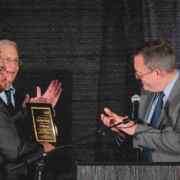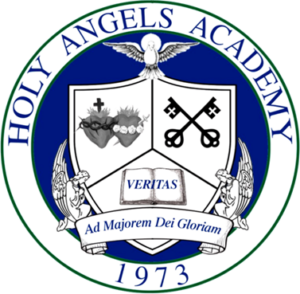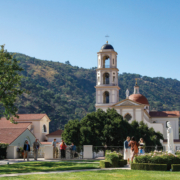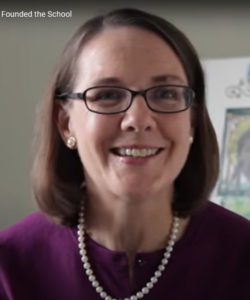Supporting Homeschool Families
The bourgeoning success of Catholic educational renewal in America, so much the work of faithful teachers and school leaders, is no less made possible by the devoted men and women who sacrifice for a better future for their children and grandchildren. Change had to begin at the fundamental level, that is, within society’s smallest institution––the family. “The highest good does not seek outside helps,” Seneca said, “it is found within the home.”
And while parents have been necessary to the renewal of Catholic schools and colleges, their heroic deeds are especially fruitful in the growing realm of home education. It is becoming noticed by the mainstream, with some studies claiming more than four million students are being homeschooled in the U.S (circa 5.4 percent of all school-age children). To put this into perspective, in the spring of 1999––the year I was crowned valedictorian of my homeschool class of one––there were an estimated eight-hundred thousand homeschoolers. Since then we have more than quadrupled, and even before the Covid year of 2020, the trend had only been vertical.
The question now is, how can Catholic dioceses, parishes, and educators help support this growing demographic of homeschooling families? It might seem that homeschooling is competition to the already declining parochial schools. But the same conviction that compels the Church to support Catholic schools and colleges should motivate support for families providing faithful Catholic formation in their homes.
I have had good experiences with various like-minded institutions in my area while educating my own children at home. My kids play sports and participate in activities at a local private school, where I also coach one of the teams. Magdalen College of the Liberal Arts, a Newman Guide-recognized college where I teach part-time, allows us to use their facilities, including their gym and outdoor ice-skating rink, whenever we want. The students at Magdalen, many of them graduates of homeschooling themselves, have embraced my children like siblings of their own. The fall and spring “Coffee House” nights at Magdalen are perhaps my kids’ favorite events of the year––when they can perform music in front of and with a supportive group of students from across the country.
I realize that not everyone has access to such like-minded, homeschooling-friendly institutions. More faithful Catholic educational institutions should reach out to homeschoolers in their areas and invite them to collaborate toward the ultimate goal, the salvation of souls.
Simone Weil said, “Every order which transcends another can only be introduced into it under the form of something infinitely small.” The first step might be a simple invitation to homeschoolers (individually or as a group) to showcase an event at your institution. A music recital, an art exhibit, or a play is a good place to start. Homeschoolers would appreciate a real destination to display their talents, aside from Facetiming the grandparents. In my experience, they take such opportunities seriously and with gratitude.
Another obvious means for supporting homeschoolers is to invite them to play sports at your school. Although regulations for this vary from state to state, it may be worth looking into. The Catholic Tim Tebow has yet to emerge, but all signs indicate that there will be an increasing number of quality athletes who are homeschooled. Additionally, there are quite a few homeschooling groups with enough students to form a team of their own; consider opening your facilities to let them practice and host games.
Newman Guide colleges can provide one crucial need––validation of home education. Already admissions departments in many Newman Guide colleges are generally welcoming to homeschool applicants. But it is unfortunate when students have to repeat in college what they already mastered in high school.
Each new academic year, there is at least one student in my college classes who does not really belong there. These are homeschooled students who have mastered certain subjects in high school, and yet they are required to repeat them in order to earn credits toward their college diploma. At least in the subject I teach, Latin, it should be pretty straightforward to validate proficiency and establish a means of granting college credit for work that was done in the home. And I am familiar with the requirements of certain homeschool programs that go beyond what is required at some colleges in other subjects as well.
To be sure, not all homeschoolers have mastered college-level subjects, but for those who have, why should there not be a way to receive credit for some subjects from the college he or she chooses to attend? Sure, it may take some extra flexibility on the part of colleges, but flexibility is fundamental to homeschooling and would be a gesture of tremendous support for homeschooling families.
To complete the renewal of Catholic education in America, it will take an even greater pooling of assets toward a joint mission of educational renewal. I invite all faithfully Catholic educators to collaborate with and support this generation of homeschoolers. Any growth in Catholic education is going to result in strong Catholic families and greater interest in both new and traditional methods of education. We are just beginning the era of widespread homeschooling, and the future is bright!







